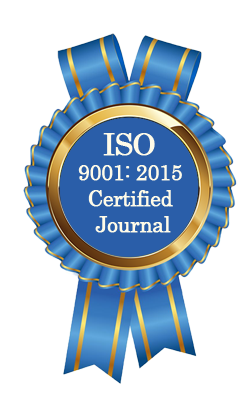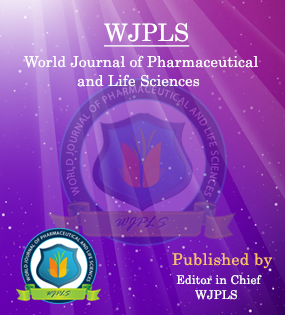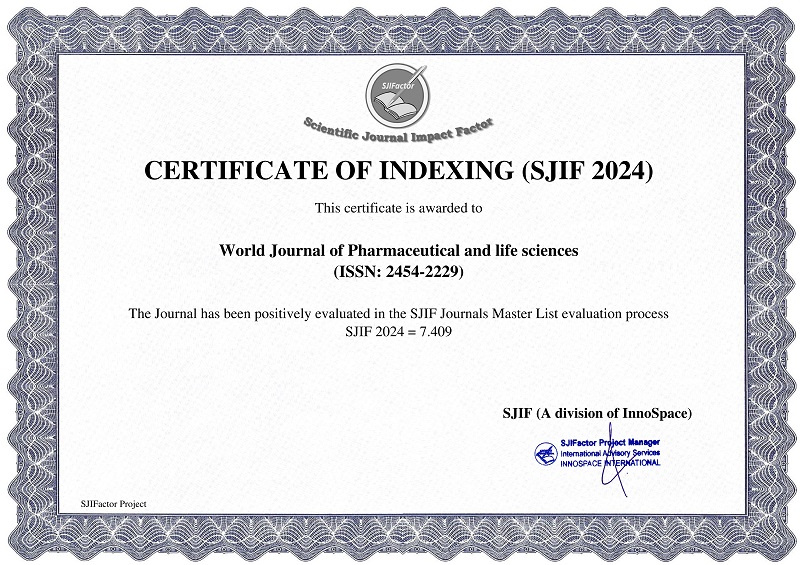Abstract
REFRACTORY GERD IN CLINICAL PRACTICE: EXPLORING CHALLENGES AND ADVANCES IN TREATMENT
Pedada Mounika*, Ginukuntla Chandana, Boini Vijendhar, Dongala Akshitha, Merazul Hoque
ABSTRACT
Background: The backward flow of stomach contents into the oesophagus is the hallmark of gastro-oesophageal reflux disease (GERD), a common disorder that causes symptoms including regurgitation and heartburn. A small percentage of people have refractory GERD, which is characterised by prolonged symptoms, even if the majority of cases improve after proton pump inhibitor (PPI) treatment. These cases provide difficult diagnostic and treatment problems. Objective: The purpose of this article is to examine the difficulties in identifying and treating refractory GERD, with an emphasis on the underlying mechanisms and new developments in management techniques. Methods: A thorough analysis of the available research was done, with an emphasis on the aetiology, methods of diagnosis, and available treatments for refractory GERD. The limitations of PPI medication, functional heartburn, esophageal hypersensitivity, and non-acid reflux are important research topics. Results: Refractory GERD is a complex disorder that can be caused by a number of different processes, such as increased sensitivity of the oesophagus, esophageal motility problems, and non-acid reflux. Improvements in diagnostic techniques, like high-resolution manometry and ambulatory pH-impedance monitoring, enable a more complex comprehension of the reflux burden. Beyond taking PPIs, there are now more treatment options for refractory GERD, including prokinetic drugs, endoscopic procedures, and surgery. The treatment of patients with esophageal hypersensitivity and functional heartburn also involves psychological therapies. Conclusion: In clinical practice, refractory GERD poses a difficult problem that calls for a customised diagnostic and treatment strategy. More study is required to completely understand the pathophysiology of refractory GERD and to create more potent, focused treatments, even with advancements in diagnostic technology and therapeutic alternatives. In order to maximise patient outcomes, multidisciplinary care that includes medical, endoscopic, and psychological therapies is essential.
[Full Text Article] [Download Certificate]WJPLS CITATION 
| All | Since 2020 | |
| Citation | 590 | 424 |
| h-index | 12 | 10 |
| i10-index | 17 | 14 |
INDEXING
NEWS & UPDATION
BEST ARTICLE AWARDS
World Journal of Pharmaceutical and life sciences is giving Best Article Award in every Issue for Best Article and Issue Certificate of Appreciation to the Authors to promote research activity of scholar.
Best Article of current issue
Download Article : Click here





